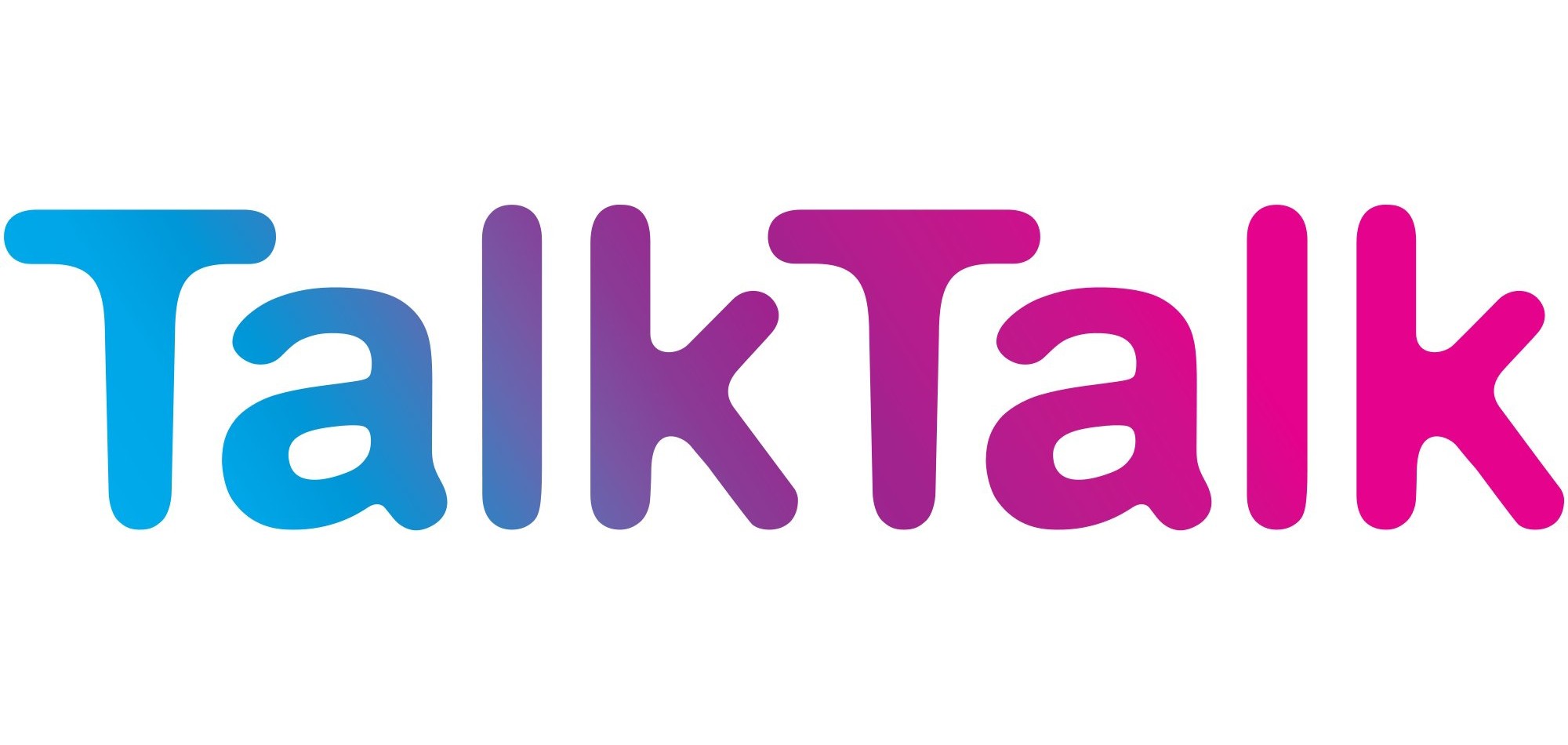
The high profile attack on TalkTalk has had many customers questioning their safety. Here’s five tips you should give your customers to stay safe online.
The TalkTalk Security Scandal
TalkTalk became the latest business to suffer a breach in security last month. On Wednesday 21st October 2015, the company suffered an attack involving stolen customer data, prompting investigations from TalkTalk and the Metropolitan Police.
- 156,959 people had personal details accessed
- 15,656 bank account numbers and sort codes were accessed
- 28,000 obscured credit and debit card numbers that were accessed
This attack is just one incident in a host of high profile leaks, phishing attacks and other methods of online trickery and fraud that target customer’s personal details, including T-Mobile, Trump Hotels and Carphone Warehouse just this year.
Staying Safe Online
Scary stuff, right? This attack prompted us to compile some easy-to-follow advice on staying safe both online and offline…
Be Vigilant About Email
Email is one of the major mediums criminals use to attempt to access your data, as they send thousands of phishing emails to try and ensnare people across the web. Most of these will end up in your spam folder, but occasionally, one makes it through.
Phishing is the practice of sending communications that are intended to imitate an official source in an attempt to gain access to passwords and financial data.
As you can see from the screenshot of a real email we received, the tone is often rushed and desperate to encourage you to act without thinking. Attempts to induce panic can sometimes be successful, especially if we’re half reading something on a smartphone while on the go.
Always read emails carefully and look out for the following:
- Does the email have the official logo, or does the design of the email look ‘off’?
- Is the email from the official email address?
- Is the language used different to what you expect from this company?
- Is the spelling or formatting incorrect?
A hard and fast rule for email to generally ignore anything unless you have categorical evidence and if the action required seems usual. No companies that deal with sensitive details will ever advise you to ‘confirm’ your account details or give passwords – so never give them out.
One final tip is to NEVER download ANYTHING that is attached to an email from someone you don’t know. These attachments are often viruses, malware or spyware designed to gather sensitive information that can be used to fraudulently access your accounts.
Protecting Yourself Against Phishing Phone Scams
Just like receiving a phone call in the middle of the night, an unexpected call can provoke fear and surprise – especially if the person on the other end is explaining that your financial details have been compromised.
If you are contact by someone you don’t know:
- Don’t EVER give over login details or financial details over the phone.
- Ask the called to provide credentials – can they confirm they are from an official source?
- If you aren’t sure about a caller, end the call and look up the number on the internet – fraudulent numbers are often listed somewhere with a warning.
General Online Protection: Antivirus and Modern Browsers
Modern browsers and antivirus software are often well equipped to protect your computer against these kinds of scams, be sure to use a firewall, install antivirus software, and keep your browser updated regularly to sure you’re using the web in the safety manner possible.











